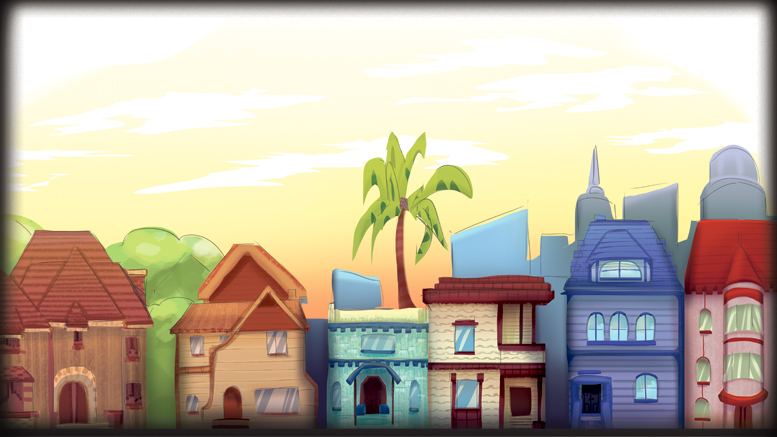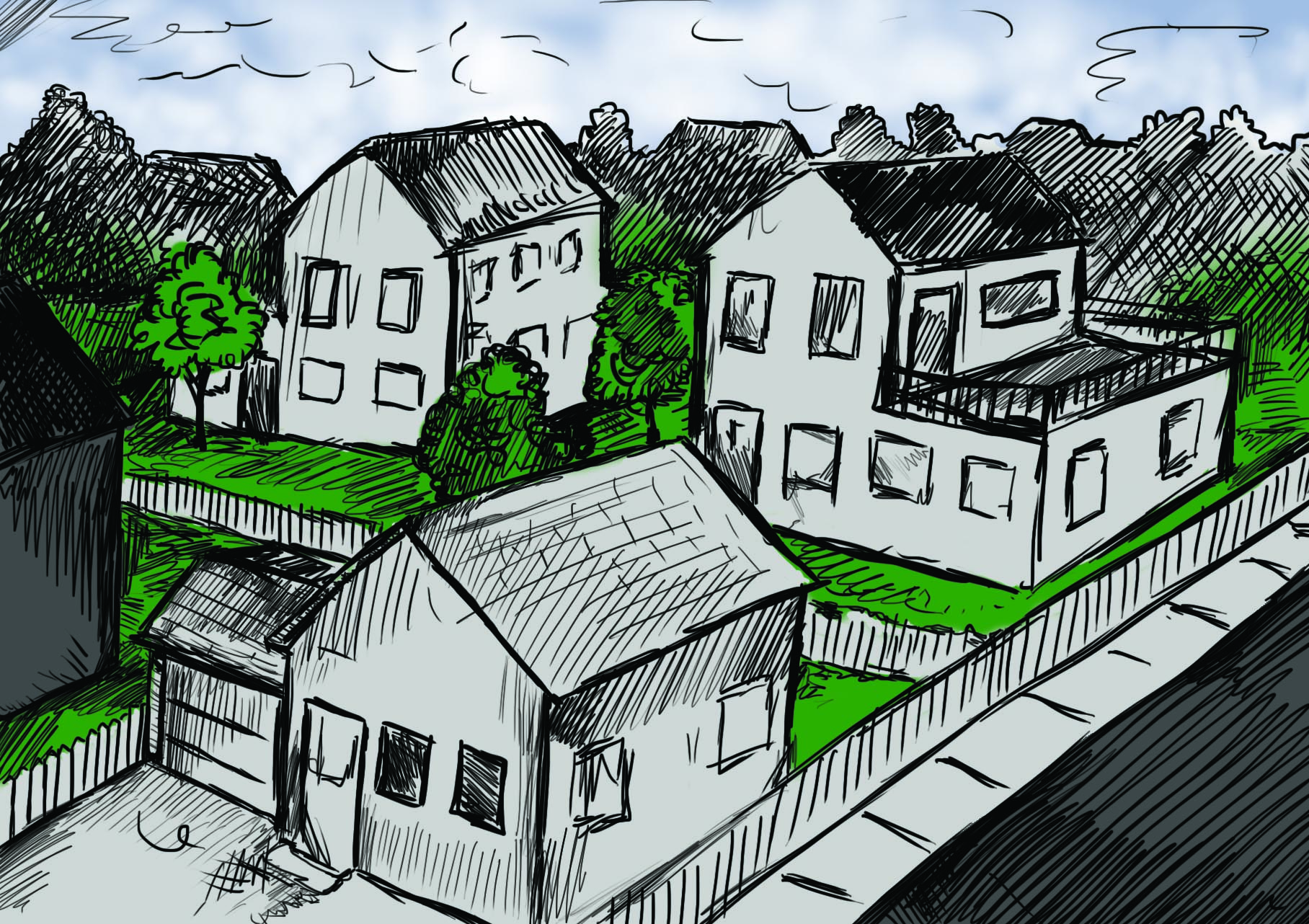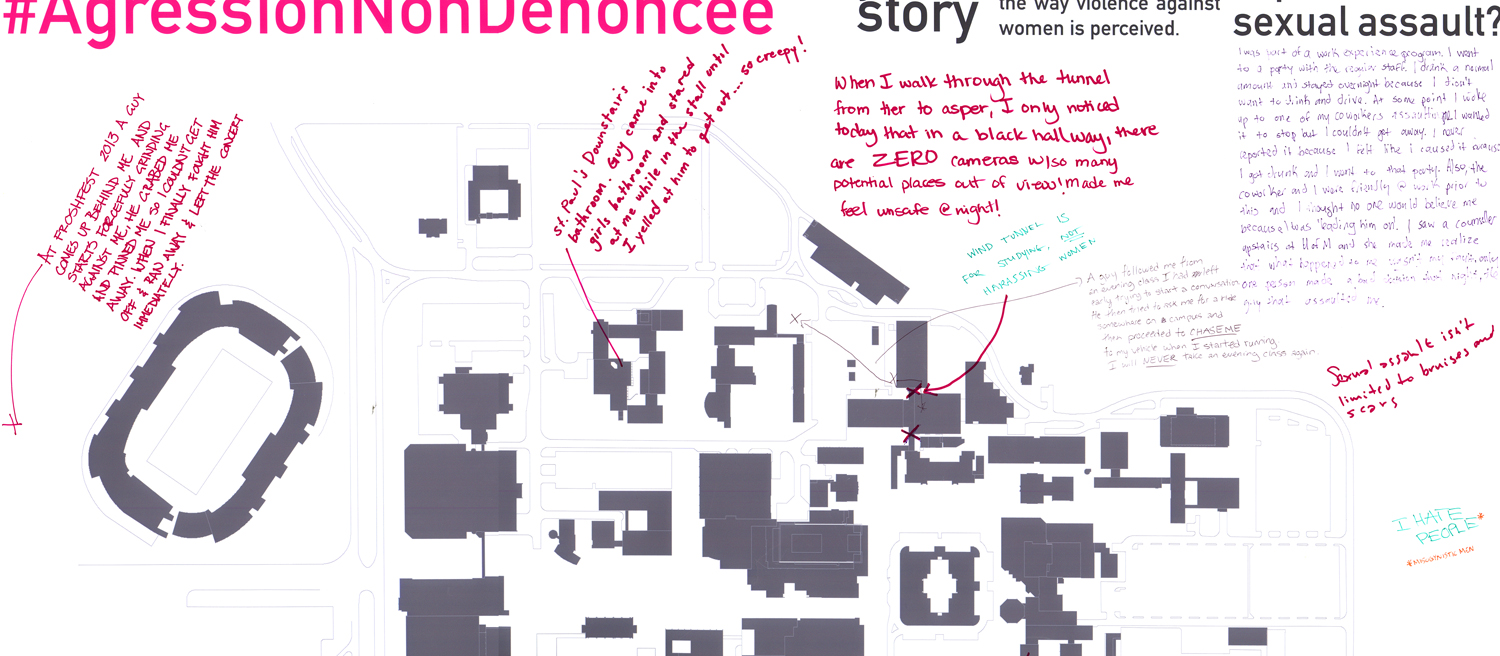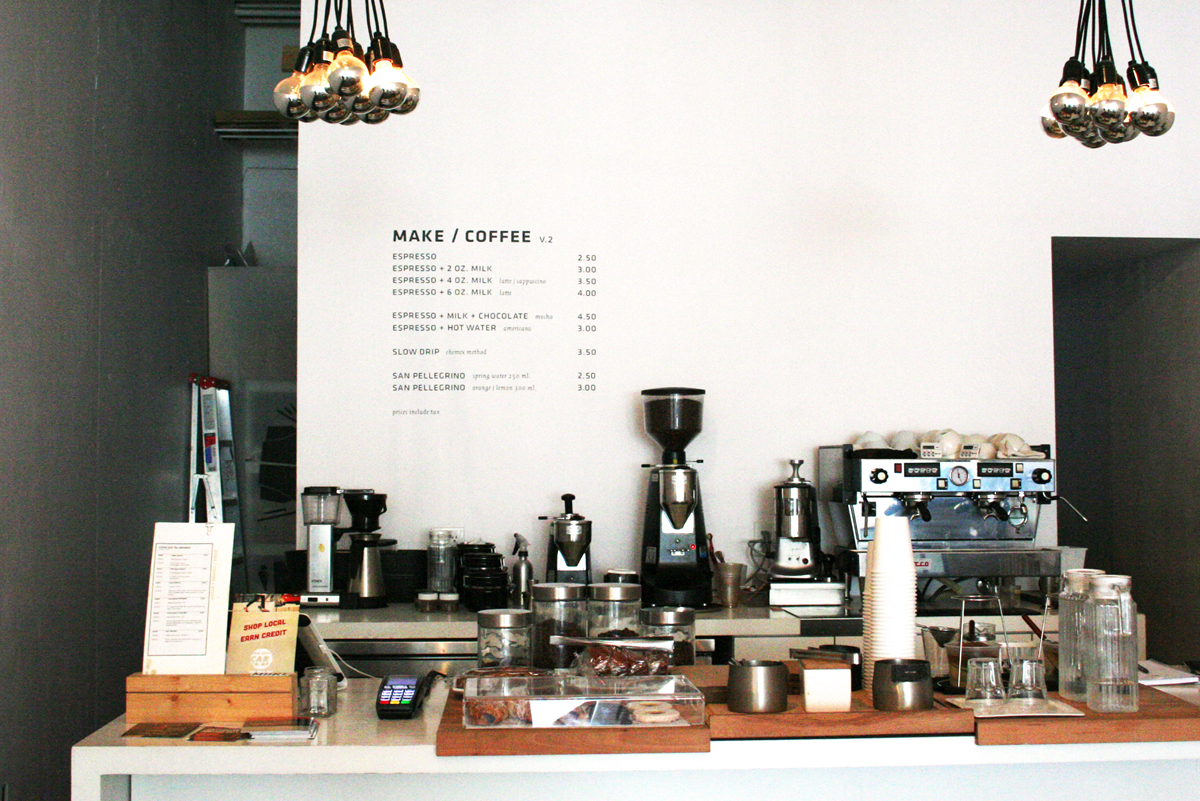Winnipeg is a city. This truth is self-evident, but was apparently not on our mayor’s mind when he declared “I have no interest in offering a platform for the types of violent and harmful views” held by members of a misogynistic group that was planning a meetup this past Saturday. Bowman was joined by the mayors of Toronto, Calgary, and Vancouver in denouncing the group – fans of the anti-feminist blog Return of Kings – and declaring them unwelcome in their respective cities.
Winnipeg is a city and not a theatre, and Bowman a mayor and not a booking agent. He should channel his denouncement into something constructive, rather than grandstanding. Although the individual responsible for planning the meetup (it was to take place in the parking lot of St. Vital mall) is American, the attendees would all have been Winnipeggers. The solution is not to declare American misogynists unwelcome; the solution is to build a city without homegrown ones.
Such a feat does not require elaborate acts of social engineering. Good neighbourhoods produce good people; or rather, good neighbourhoods do not systematically produce bad people. The city does not have a say in the creation of people, but it has a responsibility to create good neighbourhoods.
Good neighbourhoods have certain physical characteristics, which have been well-studied and documented. There is a whole field – urbanism, or city planning – dedicated to promulgating the knowledge of how to create healthy, wholesome, beautiful places to live. Winnipeg, like most North American cities, has a proud tradition of ignoring this knowledge (preferring to allow developers to decide where, and how, to build), and then scratching its head when the soul-sucking habitats it provides for its citizens vomit up racists and misogynists, specific types of a general lack of civic pride or community spirit.
A good neighbourhood includes a mix of housing types, and densities. A good neighbourhood is as easy – if not easier – to navigate on foot or by bike than by car. A good neighbourhood has robust public transit. A good neighbourhood has streets lined with trees, well-landscaped and appropriately scaled public parks. It has a mix of zonings and uses that allow its residents to work, play, and live in the same place. A good neighbourhood is one you can love – and not ironically.
A good neighbourhood is a community; you can be born, grow up, raise a family, and live the twilight years of your life in a good neighbourhood, and not miss out by doing so. A good neighbourhood has diversity of residents; a good neighbourhood shows its residents that people of different incomes, races, and religions are just that – people. Racism and misogyny are always present in some people, but in a good neighbourhood, you have to be willingly blind to the world around you to sustain such worldviews.
Stopping the creation of bad neighbourhoods – which would mean halting the never-ending approval of new, cookie-cutter subdivisions – is the first thing Bowman should do. The second is taking a long, hard look at the quality of the neighbourhoods we currently have, and making planning decisions that nurture the good and heal the bad.
Of all the guys I know, those most likely to have attended the meetup live and grew up in South St. Vital. It is a neighbourhood where you need a car to get around, where there are no street-trees, few sidewalks, and endless repetition of cheap, single-family detached housing. There is little variety in lifestyle or demographics. They aren’t bad guys – but their worldview is a mirror of the physical world they grew up in: impoverished and distorted, compared to people who grew up in older, healthier neighbourhoods.
It’s not hard to denounce misogyny. It is much harder to denounce poor planning, especially since good planning takes both time and money. But Bowman is the mayor of this city – he possesses an excellent platform from which to denounce bad neighbourhoods, and demand the creation of better ones. That would be the next logical step, if his statement had anything to do with erasing hate, rather than jumping on a media bandwagon.





